If you were at one of my clinics the very first thing I would say to you would be: “All that we ask our horses to do for us is based on our human goals and desires. I will go further and suggest that many of those goals are at the expense of our horse’s safety and well being.”
From what I’ve seen on both the internet and real life, there are more abhorrent devices and cruel training methods currently being used than you could shake a stick at. For a moment let’s consider the idea that horses were no more “created” to be beasts of burden or to be ridden in the same way that humans were “created” to be great swimmers or gymnasts.
The difference between the two is that as humans we have a choice, while horses do not.
The very nature of the disciplines and Equine sport we choose to adhere to is selfish.
This is not to say that there are not some very lucky horses that learn to thoroughly enjoy partnering with us and will create lifelong bonds. The sad truth is that most horses generously do as we ask, despite the pain and discomfort, and often in spite of the fact that their life is in danger. Those that protest are often labeled as “difficult” or “useless” all because they try to tell us that they can’t do what we push on them.
The question we should all be asking is ‘what is our responsibility to our horses?’
This again brings me to the suggestion that we NEVER use any equipment or means of training that could possibly cause our horses pain. Any means of training that we have invented (bits, Rollkur, draw reins, side reins, flash, crank nosebands, spurs, and so on) were purely invented so that we could get to the place we desire to be and all are no benefit for our horses.
Whenever an excuse is made, such as, “any bit is okay in the right hands” is purely a justification so that we are able to get to our goals faster, without having any consideration for the horse itself.
There is no integrity in the abuse of the very animal that is helping you achieve your goals. Achievement of your goals is not a one way street to your destination, it takes honest work and partnership with your horse.
There is great personal growth in saying “what do I owe my horse when I ask them to do this for me?”.
Therein lies the key to salvation for our horses and for ourselves.
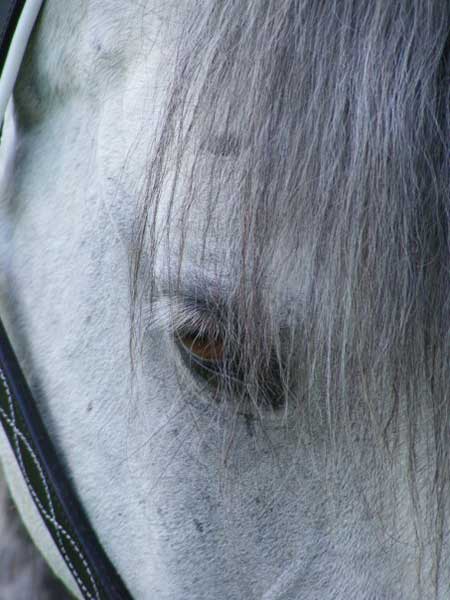
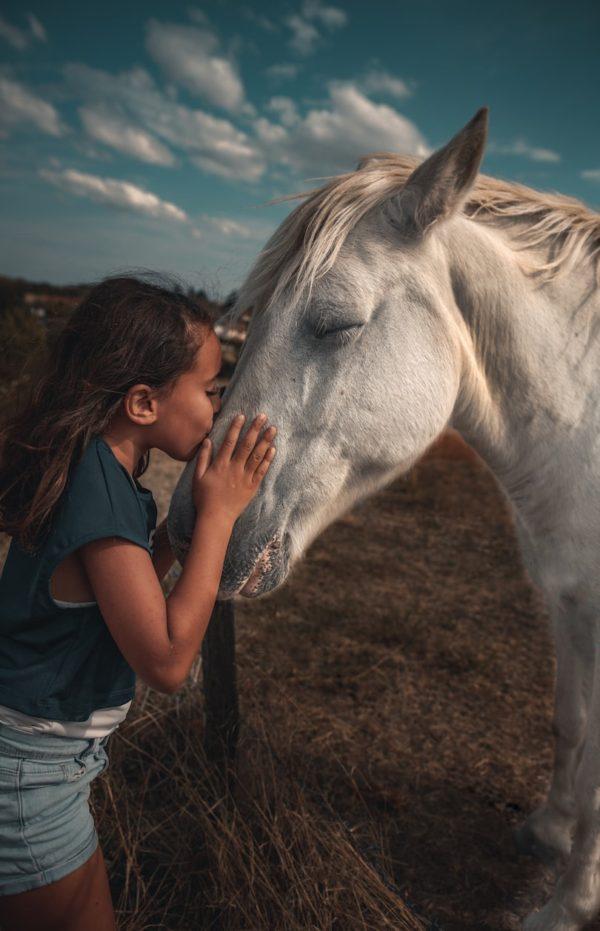
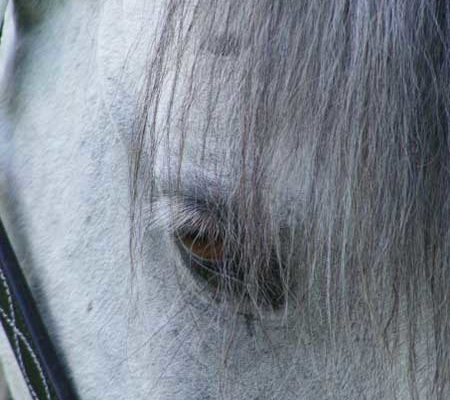
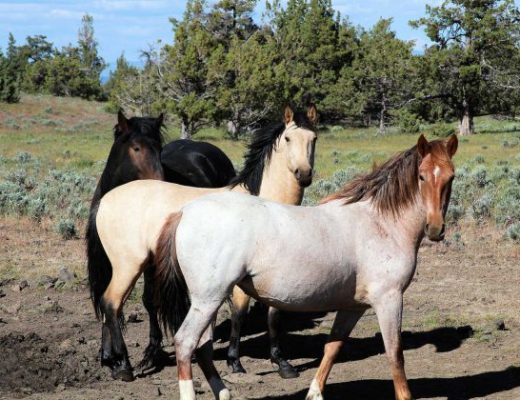
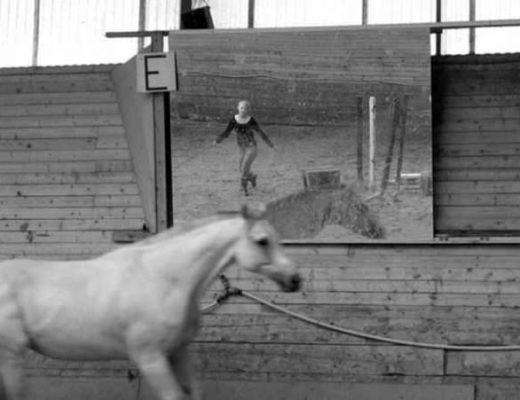
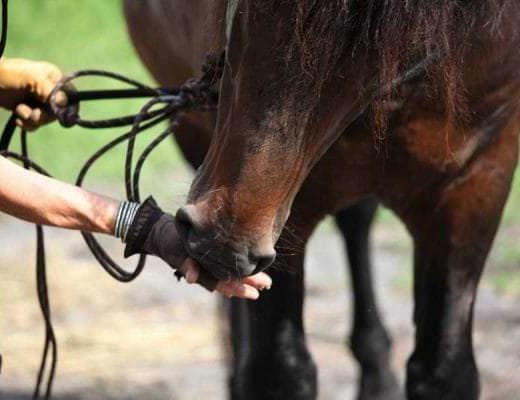
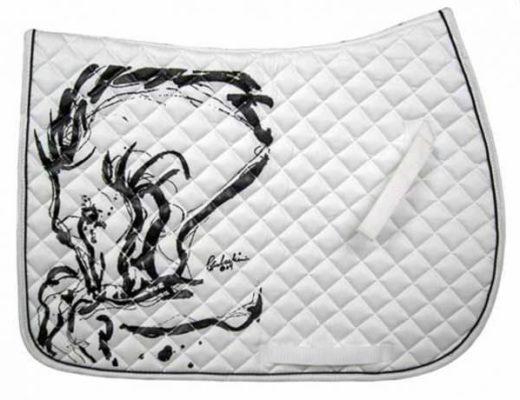
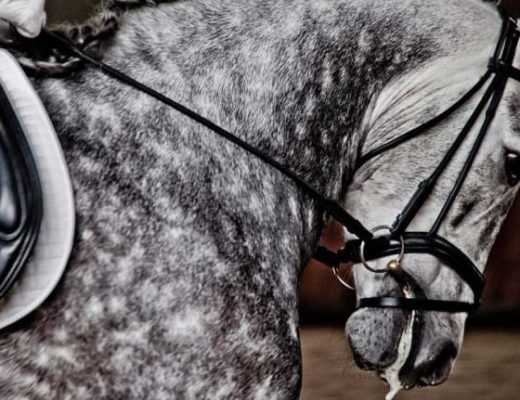
Can’t agree more that horses do not benefit from any training apparatus. They benefit from consistent, repetitive training with a willingness to listen to what they are communicating to us.
And we owe them the absolute respect and kindness when we ask them to do things that are entirely for us and us alone. As you know Virginia from adopting two Mustangs. They come into your life, from the wild and learn to trust you. What a violation of that trust to force and dominate. Your horses are lucky to be with you. They are understood, repsected and much loved.
And we owe them the absolute respect and kindness when we ask them to do things that are entirely for us and us alone. As you know Virginia from adopting two Mustangs. They come into your life, from the wild and learn to trust you. What a violation of that trust to force and dominate. Your horses are lucky to be with you. They are understood, repsected and much loved.
You make many excellent points and I find a lot overall to agree with in this blog post. However, I would also like to note that blaming equipment for the widespread abuse of horses (especially in competitive equestrian sports) does not solve all our problems. People are responsible for their intent and how they act on it. I feel very much that a truly compassionate and educated horseperson can use many training “aids” (bits, martingales, elastic side reins, whips, spurs etc.) under the right circumstances to further enhance their partnership with the horse. I don’t believe we, as horsewomen (or, in some cases, men) ought to be dependent on those tools, but I definitely think they have a place when used with discrimination. Either way (tool or tool-less), I think that drawing attention to these niggling “details” could be just what many equestrians (myself included) need to get us thinking and putting what we see into a clearer perspective.